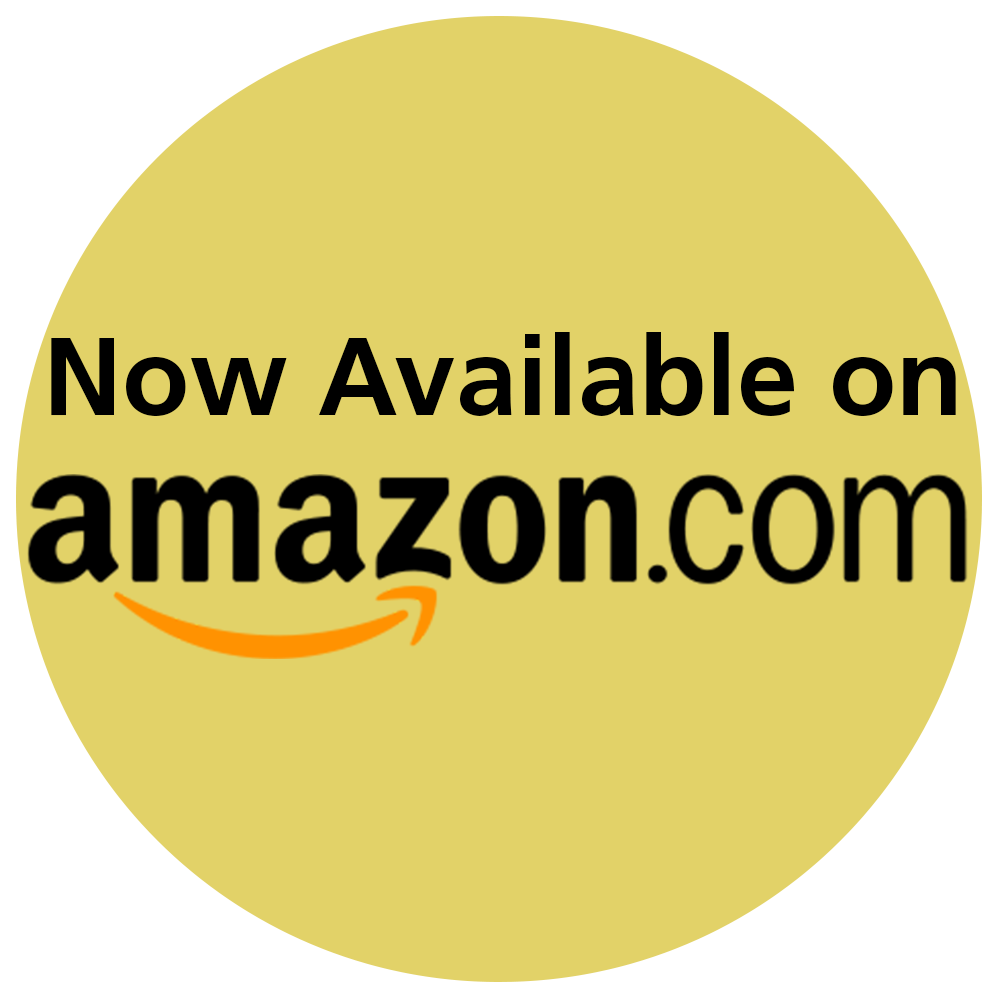Ingmar Bergman’s screenplay the “Seventh Seal,” opens with a gaunt and spiritually disillusioned knight who has just returned from the Crusades only to find his homeland ravaged by the plague. Death stalks the knight who encounters a litany of woe –a procession of flagellants whipping themselves, a “witch” readied for burning at the stake, grim tavern scenes and more.
The knight suddenly comes upon Jof and Mia and their two-year-old son Mikael, playing together on a sun-splashed meadow, laughing happily. Jof juggles, has visions, and entertains all with his lyre. Seeing the knight’s torment and hunger, Mia offers him what little food the family has – wild strawberries and milk. The knight receives the food and with it, an epiphany: “…the bowls of strawberries and milk, your faces in the evening light, Mikael sleeping, Jof with his lyre…I’ll carry this memory between my hands as carefully as if it were a bowl filled to the brim with fresh milk. And it will be an adequate sign – it will be enough for me.”
We All Carry a Bowl of Strawberries with Milk
I can be justly accused that the connection I’ve made between the Black Plague and the Coronavirus is vastly overstretched. Corona will not be the same in intensity, duration or lethality. But certainly, the metaphor of proffered milk and strawberries has resonance in a time when personal distancing challenges our ability to sustain community. Does fear necessarily smother compassion? When social distancing and quarantines are mandated, how do we nurture community, manifest compassion? How do we hug, wipe away a tear, serve a meal when we cannot touch, be close?
Archbishop Desmond TuTu identifies the starting point. When asked by the Dalai Lama (“Book of Joy”) what fueled him, what kept him going when faced with the atrocities in South Africa, TuTu responded, “compassion.” The Archbishop made a conscious choice: he would be guided by compassion, not crippled by fear. Each one of us can be vessels that carry connection, compassion, and love.
So if compassion nudges out fear, where does that lead us? It can certainly mean, at a minimum, calls to friends. Longer letters, safely sent via e-mail represent special gifts. Just this past week I set up a conference call with my three sisters, all of whom live in different states. First-ever: the exchange was rich, loving and fun. We plan to do it weekly. My wife, a former language teacher, now tutors her granddaughters over Face Time (oy, if we could only figure out Skype!). Neighbors have been amazing, offering to shop for us, we a vintage pair in the high-risk group. I’m now working on a way my grandson in Tennessee and I can play basketball over the phone (there will be two-pointers, threes from behind the chair, and sixes from behind the couch. We will represent our favorite collegiate teams. Don’t think we can work out fouls, but we will have a clock. Two 15-minute halves). If you do venture to pick up food for take-out please tip well, embarrassingly well, as short-order cooks and cashiers skate on ever-thinning economic ice. If at all possible, try to set some structure to your day, e.g. exercise, calling at least one person every day (be present), music, We can and do worship, even in exile, as most faith communities have set up online services. We can, as the Jews, practice Sabbath, a cessation “…from travel…from buying and selling…” a time to “reach out your heart/reach out your words,” when you cannot “reach out your hands…” (Poet Lynn Ungar in her poem “Pandemic”). One can order a surprise gift online, and our wonderful neighbor Janice suggests putting up Christmas lights! Give delight, joy by sending a joke which my friend Jack does religiously. Don’t stop hoping, planning ahead: make those summer plans – visit friends you’ve promised to visit for five years, and haven’t – just don’t buy non-refundable tickets. And what would a virtual wine party look like?[
Just know this: we all hold in our hands a bowl of milk and wild strawberries. What do you hold in yours?


